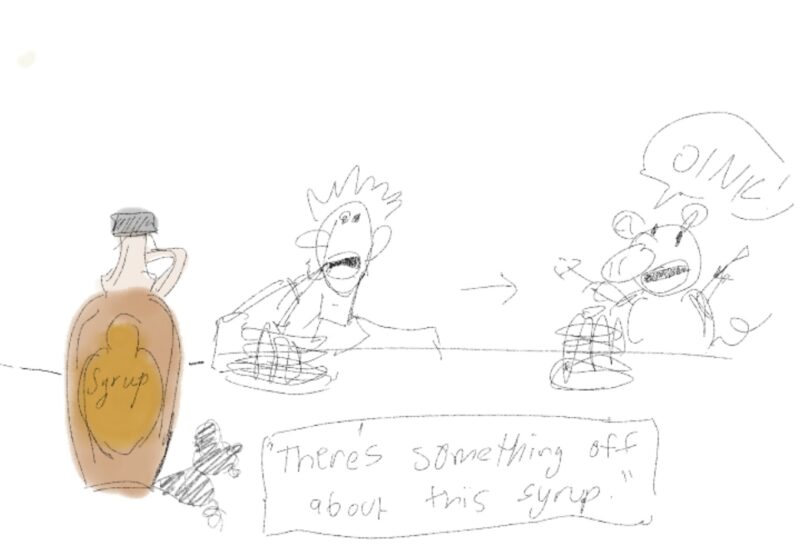In mid-October, UR will launch the pilot version of a new peer advising program, in order to establish an additional way in which students can seek advice about topics such as academics, research and internships opportunities and study abroad, an initiative that has been in the works for a number of years.
“I’m very excited about this,” Dean of the College Richard Feldman said. “I think [there’re] lots of sources of information, and I think this will just be another one that I think can be helpful to students.”
The peer advising program will have a mainly academic focus, although students will be free to discuss other matters as well. The key to the initiative is that each peer adviser will be associated with a specific academic department which will allow the adviser to give their advisees focused advice based on personal experience. The program will launch with peer advisers in five departments — business, public health, biomedical engineering, psychology and economics — and will expand to others in the future based on the success of the pilot program.
Peer advisers — seniors or Take Five Scholars — will be required to work one to two hours per week. Their contact information will be listed online and linked to from the College Center for Academic Support (CCAS) and academic department websites.
Students will be able to meet with them by either stopping by set office hours or making an appointment, depending on the adviser. It is, according to Academic Adviser Kelly Johnson, one of the program’s administrators and the contact within CCAS for the business and public health departments, a flexible program.
This year’s advisers were hired based on nominations from their respective departments, as well as an application process. Academic Adviser Stephanie Gosson, who is one of the program’s administrator’s and the contact within CCAS for the biomedical engineering and psychology departments, said the process will probably be a mix of the two in future years.
The peer advising initiative stems from a number of different avenues. The idea was proposed in the Students’ Association (SA) during the 2009-10 academic year, but was also discussed by members of the University administration, including Feldman and Director of CCAS Marcy Kraus, one of the program’s administrators and the contact within CCAS for the economics department.
Ultimately the two entities worked together to form the pilot program.
This program is similar to other advising that already exist at UR, including the Freshman Fellow and pre-major advisor programs, a connection that those involved in creating the program are aware of, but do not think will be a problem.
“This is not meant to replace the Freshman Fellow program or overshadow it any way,” SA Projects & Services Co-Chair and sophomore Humma Sheikh said. Sheikh began to help plan the program in the spring semester of the 2011-12 academic year said.
Feldman said that the program is “meant to supplement, rather than replace, existing advising programs.
Sheikh explained that as opposed to the Freshman Fellow program, peer advisers will be available to support (and form a bond with) students through all four years of their college experience.
Gosson also noted that, with the peer advising program, students will be able to connect with their advisers on a peer-to-peer level, a dynamic they would be unable to achieve with a faculty adviser.
This new initiative will also help faculty advisers, who often advise large numbers of students. Johnson explained the hope is that students will go to peer advisers with more basic questions, which will leave faculty advisers free to address more in-depth concerns.
It seems that most are optimistic about the new initiative.
“It’s weird for me to see all this stuff put together because I remember when this was just an idea,” senior Lalita Movva, who will be a peer adviser for the public health department and was involved in creating the program when she was an aide on the SA’s Projects & Services committee, said. “Specifically, for me, I’m just excited to get to meet students who are also interested in the same academic area that I am.”
Goldin is a member of the class of 2013.





